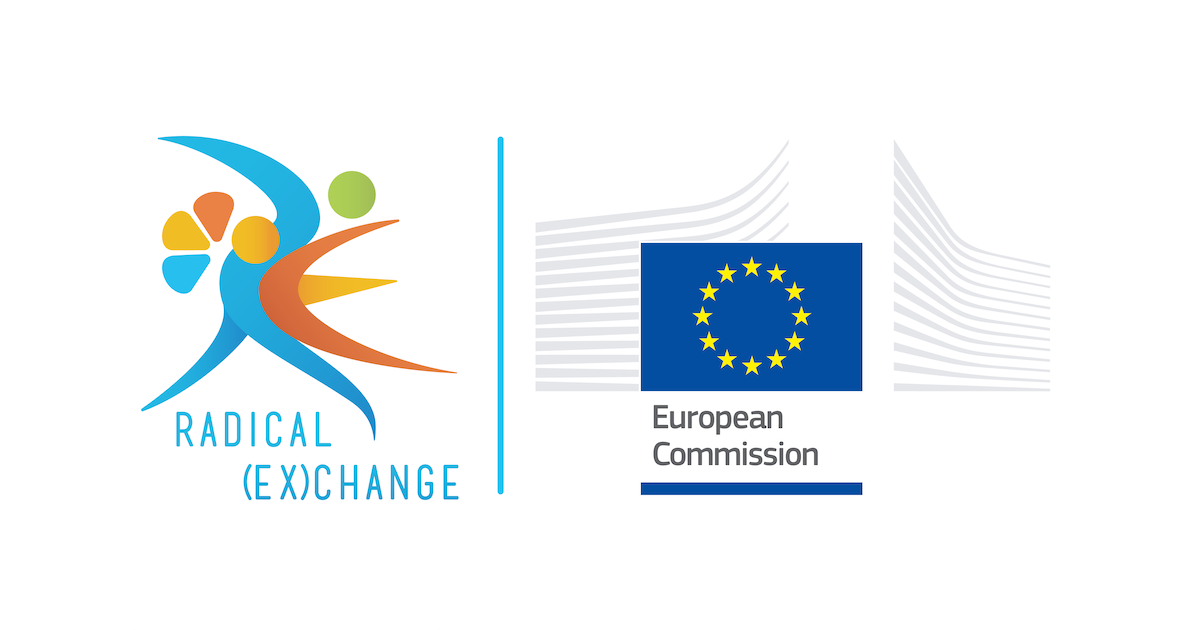Purpose
The purpose of the Handbook is to provide practical guidelines for municipalities and stakeholders in sport for development and peace – NGOs, local government associations, sport clubs, academic institutions, religious and community leaders – for the programming of sport-based interventions to prevent radicalisation and violent extremism.
The Handbook has been developed in both a theoretical and a practical way and the methodology uses a blended approach between academic knowledge and practitioners’ content. Through these expert focus group discussions partners were able to identify the emerging themes at country level and produced our shared outcomes that were incorporated in the Handbook. The development of the Handbook followed a participatory process. As a result, the intention of this document is to analyse and reflect on the strategies and mechanisms for youth participation and inclusion as a tool of preventing radicalisation and violent extremism through sport. This document, which uses different sources of information, institutions and entities to provide different data, at different stages, provides detailed information on good practices that can be transferred to other countries and/or organisations (both sport and non-sport). The document thus presents the institutions that have incorporated good practices in the prevention of the fight against violence, radicalisation, discrimination and racism in young people through sport. A series of methodological tools have been developed at a qualitative and quantitative level, in order to obtain results with a broader spectrum of information and with greater explanatory capacity of the data obtained.
Methodology
Radical (Ex)Change is a trans-partnership collaborative network of organisations working on sport for development and peace and those engaged in the prevention of marginalisation and radicalisation. In order to guide local programming at municipal level of sport-based interventions to prevent radicalisation and violent extremism, a shared intellectual contribution by all project partners had led to the drafting of this Handbook. As far as this contribution is concerned, a preliminary note referred to the work that the national focus groups have been carried out under the guidance of each national partner – ICSS in Italy and the UK, the IOTC in Greece, the University of the Balearic Islands in Spain, and EMCA in Belgium – and that has greatly enriched the content of the document. This effort has resulted into these guidelines, which are structured in five chapters. The introductory section reflects the methodological approach underpinning this endeavour, which mixes academic input and practical insights. The preoccupation of creating a shared terminology and understanding of the main theoretical frameworks embracing youth radicalisation and sport-based intervention for its prevention, is dealt with by the second chapter. The third chapter focuses on the key steps for the development of a sport-based initiative for the prevention of radicalisation of youth: the situational analysis of the resilience and vulnerability factors coupled with the Theory of Change are those diagnostic and planning tools providing the groundwork for the following steps. To achieve change, the implementation can assume different forms: promotion, prevention and leading by examples, which are thoroughly detailed into illustrative examples that conduct the reader towards those measures that have proved successful. Monitoring and evaluation tools and sustainability concerns are described as the final compendium of this chapter. A final descriptive section attempts to summarise relevant good practices gathered throughout the project, at national, regional and international level, thus offering practical instruments (guides, reports, platforms, etc.) that can be applied to other countries and/or organisations. To reinforce the practical aspects in using these guidelines, the drafting includes key takeaways and hyperlinks that are instrumental for deepening the study of relevant topics. Finally, the bibliography spans over policy, academic and project references mostly related to the last fifteen years.
In addition, after the finalisation of the drafting phase of the document three collaborators (European municipalities or local public organisations) were selected in order to carry out a 3 month on-field test for the above-mentioned methodology. Two of the collaborators were based in Spain (Palma and Valencia) and the third one was based in Greece (Athens, Municipality of Kallithea). This scientific and practical approach contributed significantly to the dissemination, feedback and improvement of the contents for further implementation in different communities and territories.

